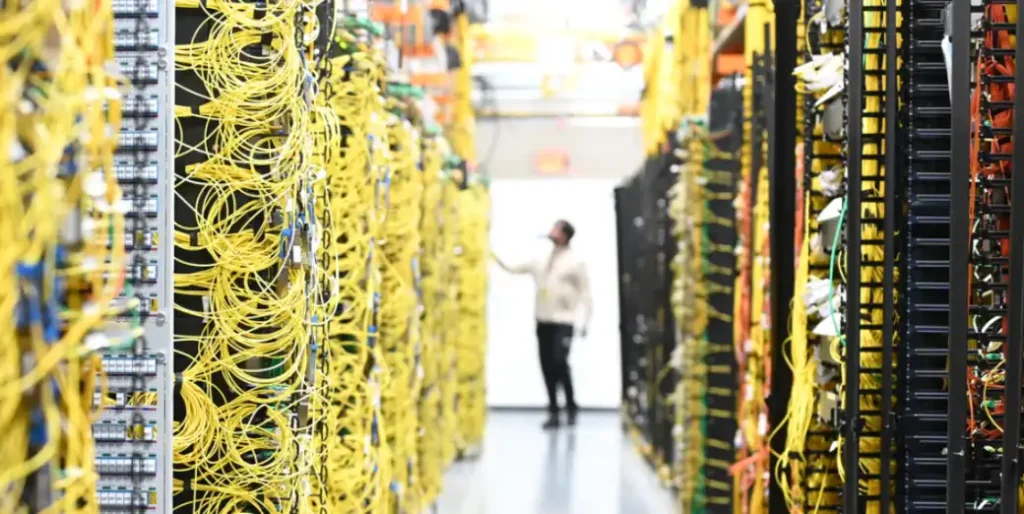EU AI Code of Practice May Arrive by Late 2025, Delaying AI Act Compliance Support
The European Commission has announced that the long-awaited Code of Practice to help companies comply with the EU Artificial Intelligence Act could be delayed until the end of 2025. This development raises concerns for thousands of companies — including major players like Google, Meta, OpenAI, Mistral, and ASML — as they navigate one of the world’s most ambitious AI regulatory frameworks.
Originally scheduled for May 2, 2025, the Code of Practice is intended to guide developers and deployers of general-purpose AI (GPAI) models, such as ChatGPT, Gemini, and Mistral’s LLMs.
What Is the AI Code of Practice?
The AI Code of Practice is a voluntary compliance framework designed to help companies implement the risk-based guidelines of the AI Act, especially for developers of large language models (LLMs) and general-purpose AI systems. Companies that sign the Code will benefit from legal certainty and a clearer path to compliance.
Timeline Shift Sparks Industry Frustration
A European Commission spokesperson confirmed: “On the AI Act’s GPAI rules, the European AI Board is discussing the timing to implement the Code of Practice, with the end of 2025 being considered.”
The potential six-month delay comes amid mounting pressure from tech companies and EU member states to extend the Act’s implementation timeline. Critics argue that deploying the AI Act without supporting tools like the Code of Practice will place a burden on developers and slow down innovation.
Who’s Affected?
Some of the biggest voices urging a delay in the AI Act’s rollout include:
- Alphabet’s Google
- Meta Platforms
- OpenAI
- European AI startups like Mistral
- Semiconductor giant ASML
- Several EU national governments
Many claim that without clear operational guidance, companies will face legal ambiguity, compliance risks, and market uncertainty, particularly smaller EU-based innovators.
EU Commission: No Plans to Delay AI Act
Despite these concerns, the European Commission maintains its position and commitment to the current AI timeline. “Our commitment to the goals of the AI Act, such as establishing harmonised risk-based rules across the EU and ensuring the safety of AI systems in the European market, remains unchanged,” the spokesperson added.
The AI Act remains the world’s first comprehensive AI legislation, aimed at regulating high-risk AI use cases, enhancing transparency, and safeguarding consumer and societal interests.
What’s Next for AI Developers in the EU?
Until the Code of Practice is released, companies must prepare to comply with the AI Act without formal guidance, increasing the importance of in-house compliance teams, third-party audits, and proactive risk assessments.
Organisations that choose not to sign the Code may face higher legal scrutiny and less protection under EU law once enforcement begins.











